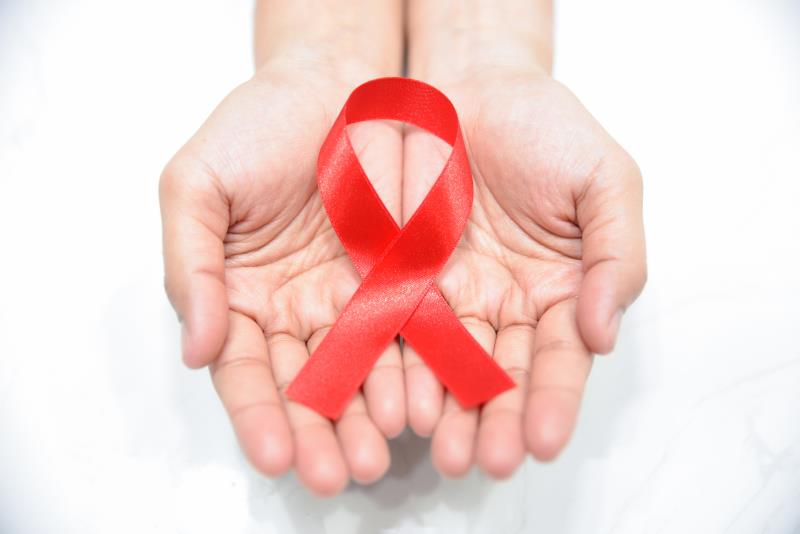
The stigma against anal sexuality impedes HIV prevention strategies in men who have sex with men (MSM), reports a recent study.
Researchers cross-sectionally surveyed 1,263 cisgender MSM (mean age, 36.1±11.0 years) in the United States. Using structural equation modelling, a direct path was tested from anal sex stigma, measured using the 17-item Anal Sex Stigma Scales, to the engagement in HIV prevention practices, operationalized as participation in behavioural, biomedical and during-intercourse interventions. Indirect paths were also ascertained.
In general, participants had a low level of anal sex stigma, while having moderate sex-related concerns. Social support for anal sexuality was, however, also low or moderate, with limited availability. The participants had moderate comfort about discussions of anal sex.
Modelling showed that the direct effect of stigma on engagement was insignificant, though total effects suggested that greater stigma does lead to lower engagement in HIV prevention practices (p<0.001). Comfort with discussing anal sexuality was an important mediator: Greater stigma leads to discomfort, while comfort encourages engagement (p<0.001 for both).
Sex-related concerns, however, had no overall effect on the participation in HIV prevention practices, nor was it found to be an important mediator.
Notably, researchers found a key role of informational, emotional and social support. Higher levels of support for anal sexuality reduced the stigma (p<0.001), improved comfort (p<0.001), reduced concerns (p<0.01) and, in turn, promoted engagement in prevention practices (p<0.001).